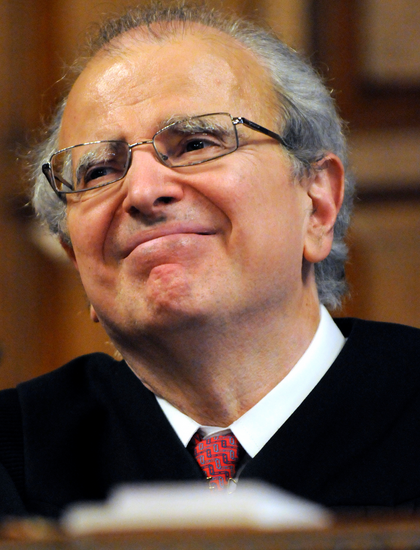Judicial age ballot measure defeated at polls
Cuomo retains ability to reshape court

Tuesday’s election asked New Yorkers to cast their votes on a ballot measure that would increase the judicial retirement age to 80. With a vote of 61 percent against to 39 percent in support, the measure failed, to the dismay of New York State Chief Judge Jonathan Lippman.
Lippman put his support behind the measure, arguing that if the proposal were to pass, approximately 20 additional judges would remain on the bench each year, assisting with the often-overburdened court calendar. Other proponents likened the measure to a form of age discrimination.
“We have to ask ourselves whether or not this is a reasonable policy or whether it is nothing more than age discrimination,” said Marc Levine, president of Gay/Straight Alliance of the New York State Courts.
